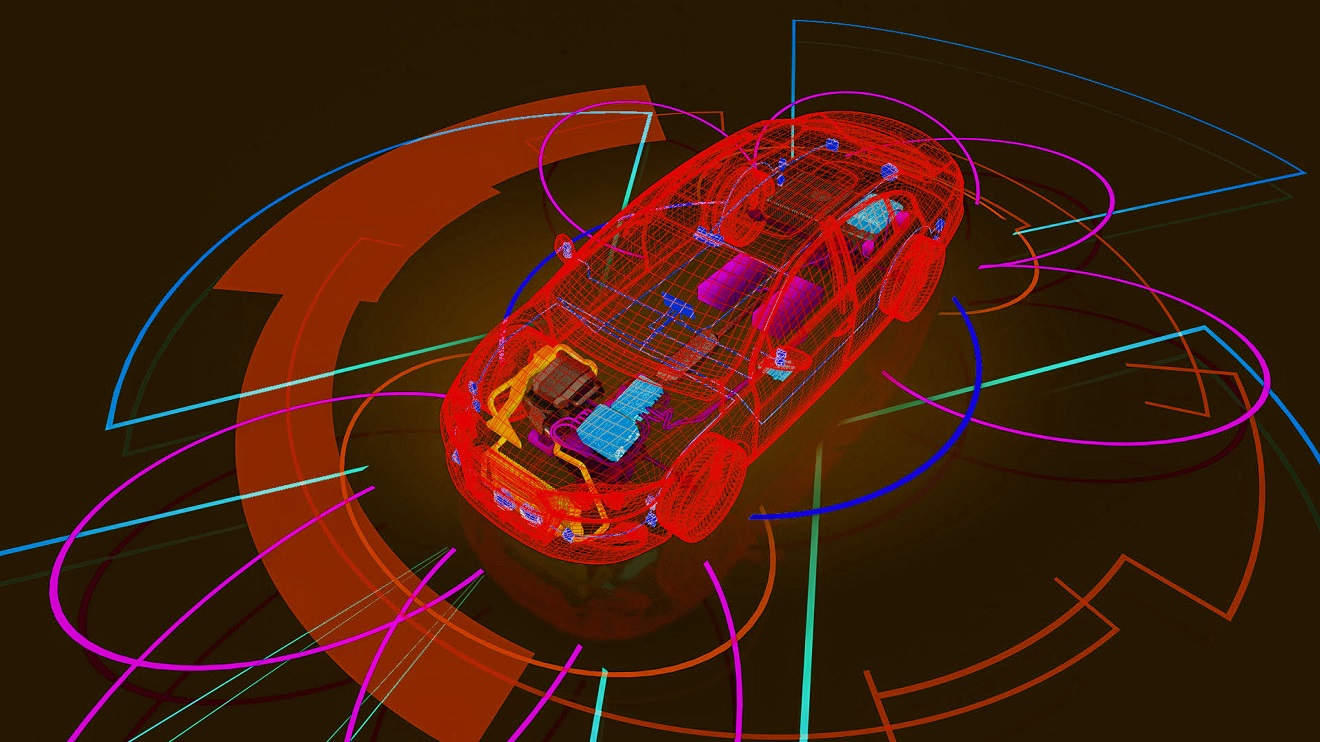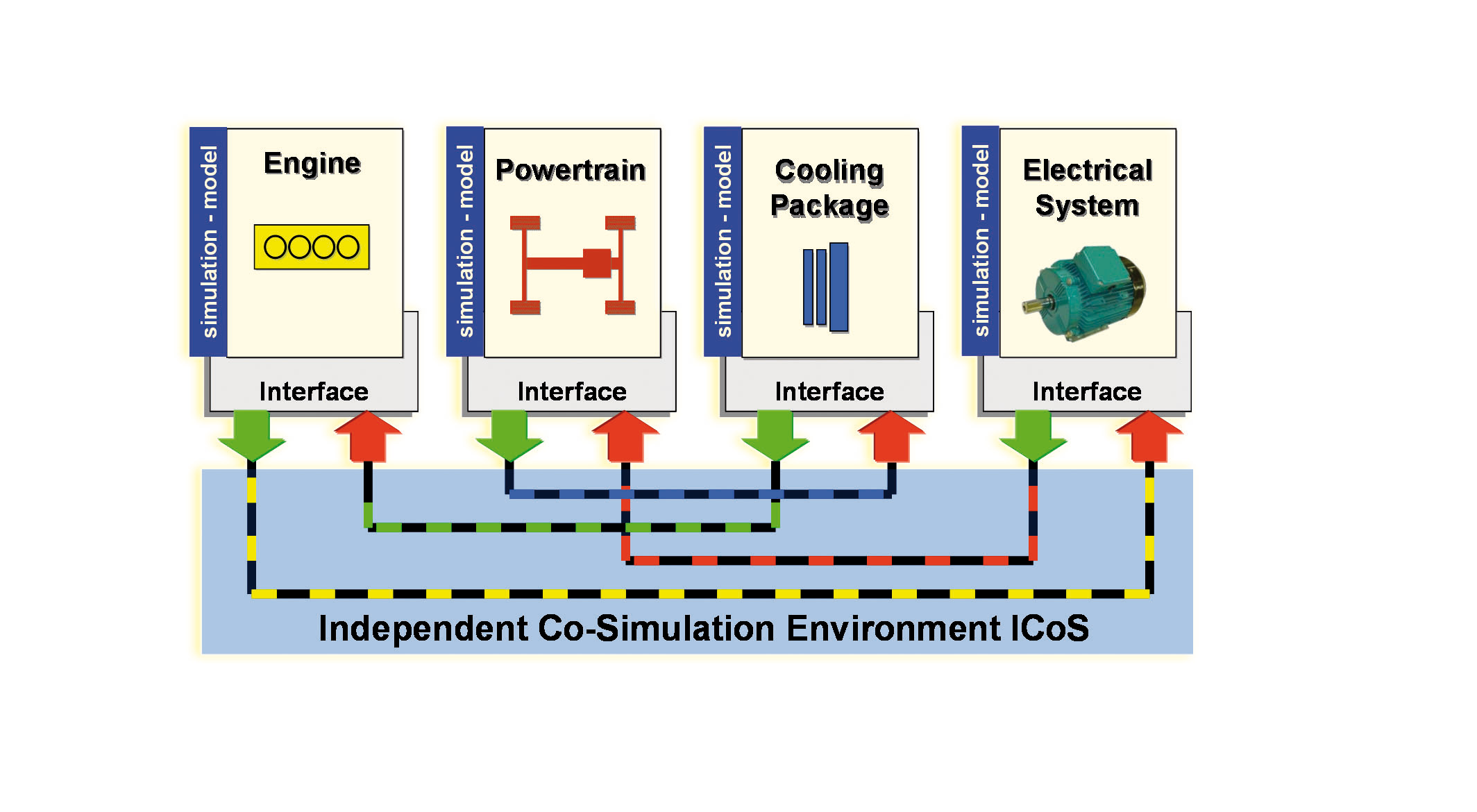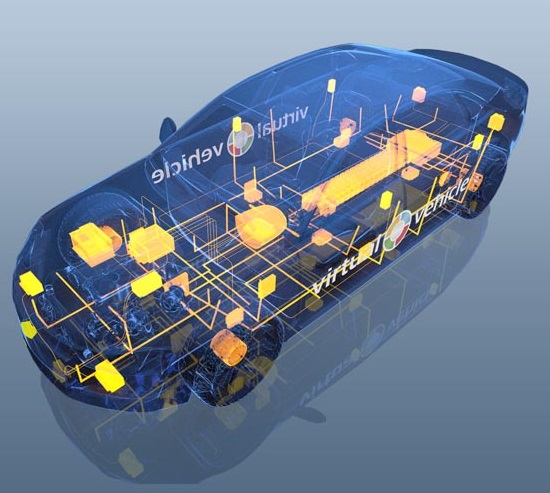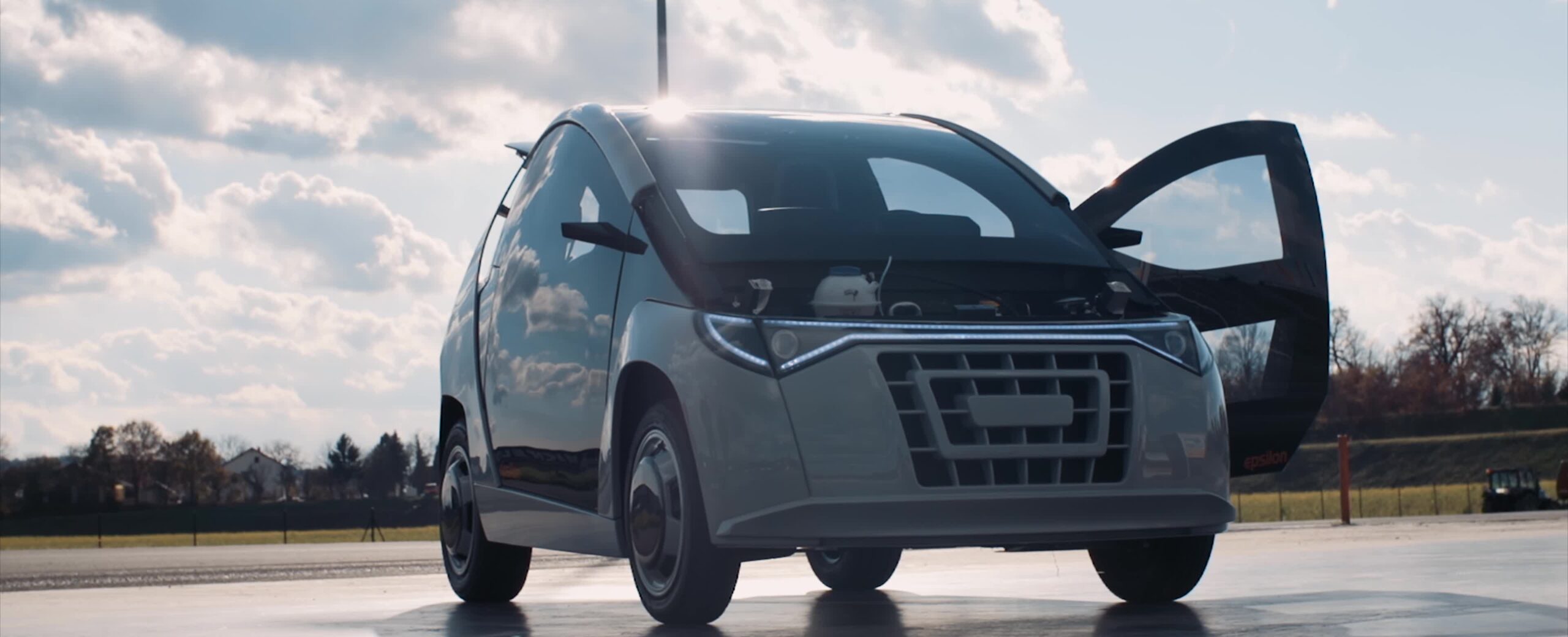
Reliable
System Simulation
Applications
ADAS
New sensor technologies become available and need to be tested before real prototypes are deployed for selected test scenarios.
Rail
By extending physical models with data-driven models based on the experience from real rail operations reliable simulation can contribute to better railway vehicle and infrastructure maintenance and development.
E-Mobility
Battery simulations of e.g. crash behavior, lead to lower operating and development costs, higher range, longer lifetime and increased battery safety. Consequently, virtual vehicle integrations in e-mobility fosters faster market introduction of sustainable mobility.
Solutions for Reliable System Simulation
Co-Simulation for Entire Vehicle Systems
With its long-term strategic focus on co-simulation, VIRTUAL VEHICLE has developed several unique coupling algorithms to mitigate critical numerical problems in system simulation.
A special type of simulation, the so-called Co-Simulation, has proven to be a useful approach for many tasks:
The complexity of the entire „vehicle“ system is broken down into coupled components. Individual components from different disciplines and development areas (e.g. vehicle dynamics, battery, powertrain or safety) are linked to form a single, interactive simulation model.

DCP: Real-time Co-Simulation Communication Protocol
VIRTUAL VEHICLE also actively initiated and coordinated the development of a specification for an application-neutral distributed real-time cosimulation communication protocol, called DCP.
DCP has the potential to simplify and accelerate development steps by blurring the boundaries between purely virtual and real tests.

